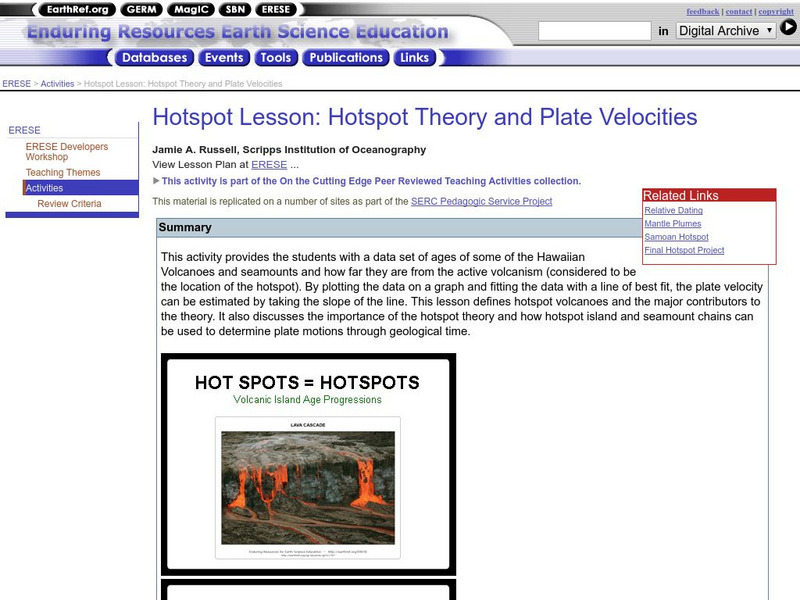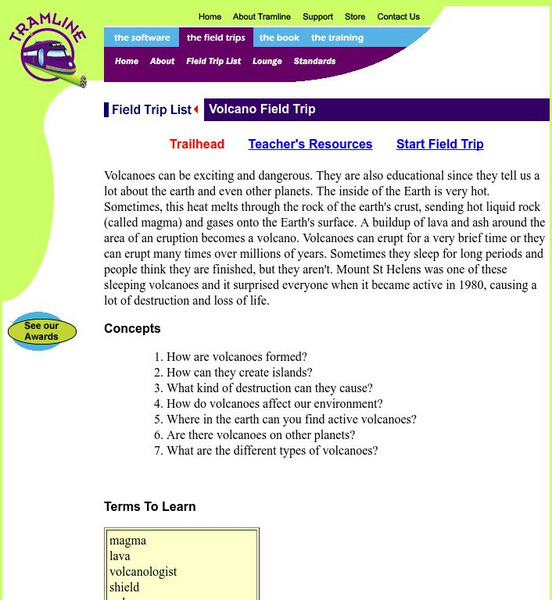Curated OER
Hawaiian Hot Spots
Students discuss how plate tectonics and volcanic activity have affected Hawaii. In this Hawaiian lesson, students look at maps and photographs of Hawaiian Islands and discuss their formation through multiple volcanic eruptions. They...
Curated OER
Hawaiian Hot Spots
Students describe how plate tectonics contribute to the development of volcanoes. In this earth science lesson, students examine the map of Hawaii and explore the physical and biological environment there. They write a story about an...
Curated OER
Island Formation
Students create models of how islands are formed by hot spots and then write a summary of their observations and of how they think their model relates to volcanic hot spots and island formation.
Curated OER
Life of an Island: From Mountain to Atoll
Students research the evolution of a volcanic island from origin to erosion. They determine the relative ages of the Northwestern Hawaiian Islands given their position in the archipelago.
Curated OER
Bellwork for Week 10
In this bellwork activity, students answer questions about the Hawaiian islands formation, about science class in general, about rocks and minerals and about experimental design.
Mr. E. Science
Volcanoes
What is the difference between a shield volcano and a cinder cone volcano? How does the flow of lava influence the type of rock that's formed? A presentation on different aspects of volcanoes answers these questions for middle...
Curated OER
Island formation
Students explain what an island is, and distinguish islands from similar landforms. They compare and contrast the different ways in which islands are formed.
Curated OER
How Volcanoes Grow
Pupils study volcanoes including rock fragments, ash, aerosols and gases. In this volcano lesson students divide into groups and build models of the three major types of volcanoes.
Curated OER
Moving Continents
In this moving continents activity, students review the different types of plate boundaries, what causes earthquakes, and where volcanoes are formed. This activity has 10 fill in the blank and 9 short answer questions.
Curated OER
Life of An Island
Young scholars identify the steps in the life cycle of an island. They label islands in the correct stage of their life cycle and illustrate the process themselves. They also review the concept of plate tectonics.
Curated OER
Reading the Shapes of Volcanoes on Earth and Mars
Students compare and contrast the volcanoes of Earth and Mars, and examine specific volcanoes on Mars. They model the processes that create cone and shield volcanoes, and measure the slope angles of cone and shield volcanoes.
Other
Usra: Lunar and Planetary Institute: Hot Spot Activity [Pdf]
For this lesson, students will measure the distances between Hawaiian islands, and convert and graph their data to determine the speed of the Pacific Plate.
US Geological Survey
U.s. Geological Survey: Hotspots: Mantle Thermal Plumes
Learn more about the hot spot theory developed in 1963 by the Canadian geophysicist J. Tuzo Wilson. Diagrams help you visualize the way hot spots formed geologic structures such as the Hawaiian Islands.
Science Education Resource Center at Carleton College
Serc: Hotspot Lesson: Hotspot Theory and Plate Velocities
Students use a data set of ages of Hawaiian Volcanoes and seamounts and how far they are from the active volcanism, and then plot the data on a graph, and finally determine the plate velocity.
Tramline
Virtual Field Trip: Volcanoes
In this virtual field trip find out about how volcanoes are formed and what kind of destruction can they cause. Discover how volcanoes affect our environment and where can you find active volcanoes on earth and on other planets.


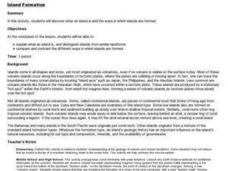

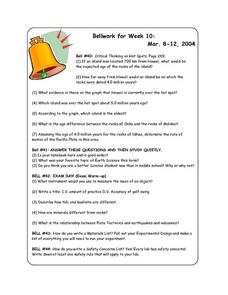

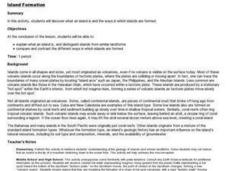

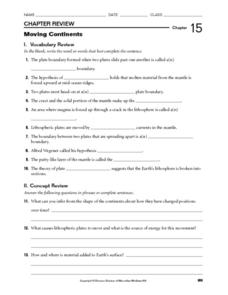

![Usra: Lunar and Planetary Institute: Hot Spot Activity [Pdf] Lesson Plan Usra: Lunar and Planetary Institute: Hot Spot Activity [Pdf] Lesson Plan](https://d15y2dacu3jp90.cloudfront.net/images/attachment_defaults/resource/large/FPO-knovation.png)

